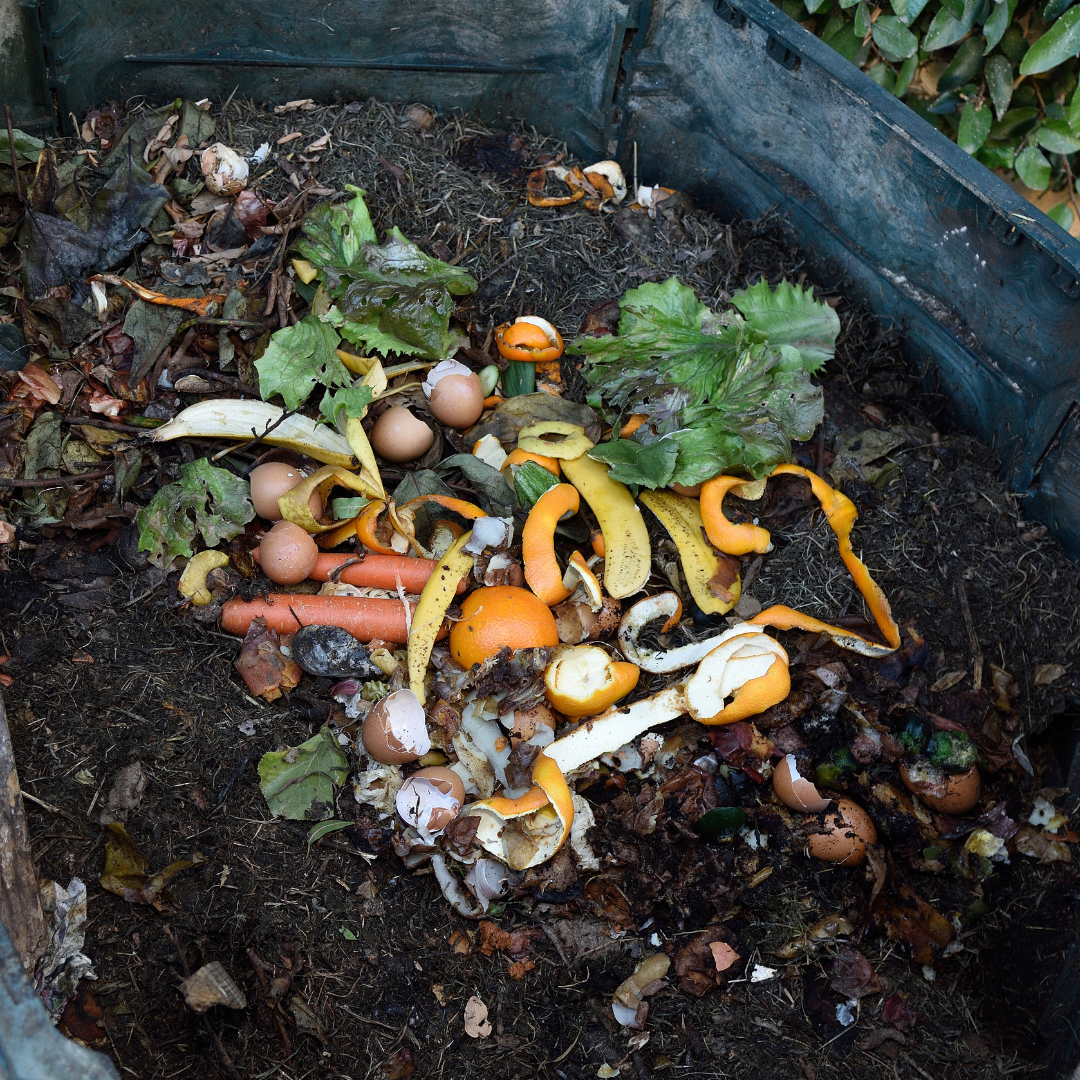
Thinking about it, have you ever wondering on how to make the environment cleans but you don’t know what to do? You are worrying that you will end up make it worse, instead. Because, we do, long time ago…….
You can actually start with baby steps. Start with your home, by managing kitchen waste that we produced everyday. Especially during this pandemic area, where most of us would love to stay at home, chilling and cook our own dishes. Saving time, money and staying safe (of course…..) they say. Of course we agree to this!
Staying at home doesn’t mean that you are sitting, doing nothing. It’s actually a win-win situation when you are doing composting. We can utilize all the organic wastes and the plants would love them on the soil. Its like a conditioner for them.
Let’s cut to the chase. What is composting? It is actually a natural process where adding the organic waste into the soil will actually provides a better environment for the beneficial bacteria to growth. Why do we want this bacteria to grow at the first hand? Bacteria might sounds evil for you at one point, but they can help to speed up the decomposition process. Which is good for us!
On what time of the year should i do composting? Worries not, all year-round! You can start whenever you want, as long as the essentials are there.
What to compost? And what not?
A healthy pile of compost consist of GREENS and BROWNS waste from our surrounding. The waste can be put and separated into green and brown compost bins. The greens are coming from our vegetable wastes, grass clipping, manure, food scraps and many more. They provide nitrogen into the compost. While for the browns, they are coming from leaves, hay/straw, brown paper bags, newspapers and much more stuff! They are our carbon source!
A perfect pile of compost has to contain a right ratio of carbon to nitrogen. A simple rule of thumb is to use one-third green and two-thirds brown materials. It has to contain more carbon than nitrogen. Too much of green stuff it becomes stinky, too much brown stuff they will be hard to break down. Remember that.
Also, there’s also a no no on what materials that we shouldn’t put into the pile.
How to start? The process is easy, even it takes time. The first step is, you have to find any bin/pile/container to gather the waste later. Next, mix the food scraps, the greens, the browns in a right ratio. You can adjust the ratio based on what you are seeing. If it is too dry, add more greens. If it stinks, add more browns. You can always adjust them until you get the perfect pile of compost.
Mix the materials by turn the compost every week using a pitchfork/similar just to aerate. Next step, you have to add water to keep the compost slightly damp. You can now use the compost later in your garden, now that the soil is better and improved in its structure. Better in retaining water, promotes the health of plant and suppress pest!
Yay to composting!

comments (2)
I started composting four years ago and I have enjoyed doing it ever since. Not only does it reduces the organic waste that my house produces, it has also motivated me to start my own background garden, as the product from the composting process is really good for the soil.
this was a very informational post that taught me about composting ! will def try this out with the organic products i purchase